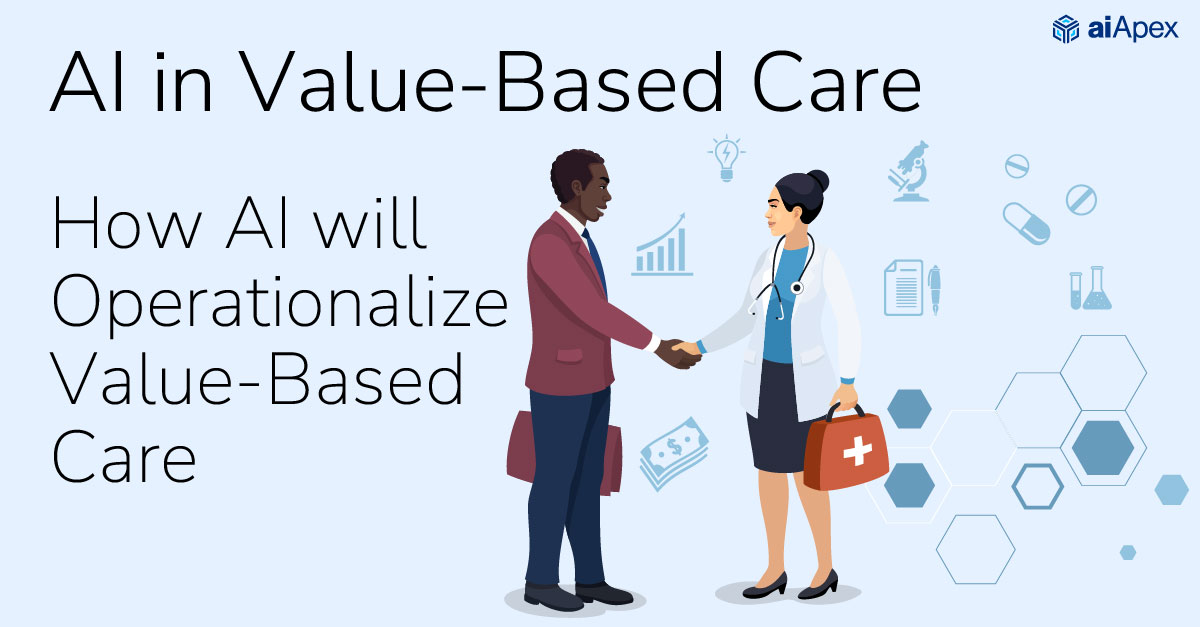
AI in Value-Based Care: Can AI Operationalize Value-Based Care?
July 19, 2023
The requirements to implement the various components of value-based care are broad and complex. The discussion can range from helping to administer value-based care contractual commitments to meeting regulatory requirements to evaluating the products and services of third-party organizations to manage a component of value-based care for providers or payers. Now and in the future, value-based care projects should include evaluation of AI-based solutions.
Below are areas where organizations who are operationalizing value-based care may consider the application of AI solutions to enable collaboration and support daily operations:
• Administering contractual provisions between payers and providers for value-based care including defined responsibility for utilization management, care planning and coordination; financial arrangements modeled to take this collaboration into account for the medical services provided; and clear definition and division of financial responsibility for the medical services provided
• Accounting for shared savings as an incentive to lower the cost of care and for agreed upon performance goals measuring not only the cost of care, appropriateness of care, quality of care and its delivery, and patient outcomes. All these performance measures are difficult to measure without a large amount of data and statistical/analytical algorithms
• Integrating with other providers in third-party organizations such as the CMS Pioneer ACO/REACH organizations to coordinate the care for CMS beneficiaries
• Integrating operations and electronically communicating with other provider organizations (e.g., such as a “delegated” IPA) that also may take responsibility for utilization management – along with financial risk for specified medical services
• Connecting with independent third-party organizations contracted to determine medical necessity and coordinate care for high-risk patient populations
• Collaborating and integrating with third-party organizations that coordinate care for special populations such as the elderly whose mission is to lower cost of care through offering services including home health, transportation to/from physician visits, patient compliance monitoring and other services. All these services operate with agreed upon performance metrics to measure improved patient compliance and outcomes while engaging the patient with maintaining a targeted “quality of life” level and ensuring necessary communications with providers
The above list is not exhaustive of the myriad of “use cases” for which the need for these AI solutions exists today to fully operationalize and administer value-based care.
While AI solution development is underway, it is ranging from the development of AI platforms to “point solutions” that utilize AI. Use of AI in healthcare is in its initial stages.
Today’s reality is that no AI platform and “end to end” suite of modules/applications to support value-based care with its decision-support, analytics and reporting needs exists today that fully enables secure collaboration across the continuum of care on a shared platform between payers and providers with a fully engaged patient/member.
Can AI be applied to assist payers, providers, and members/patients with not only operational excellence, but also required real-time, secure collaboration, based upon properly administering a payer/provider contract? The answer again is: Absolutely!